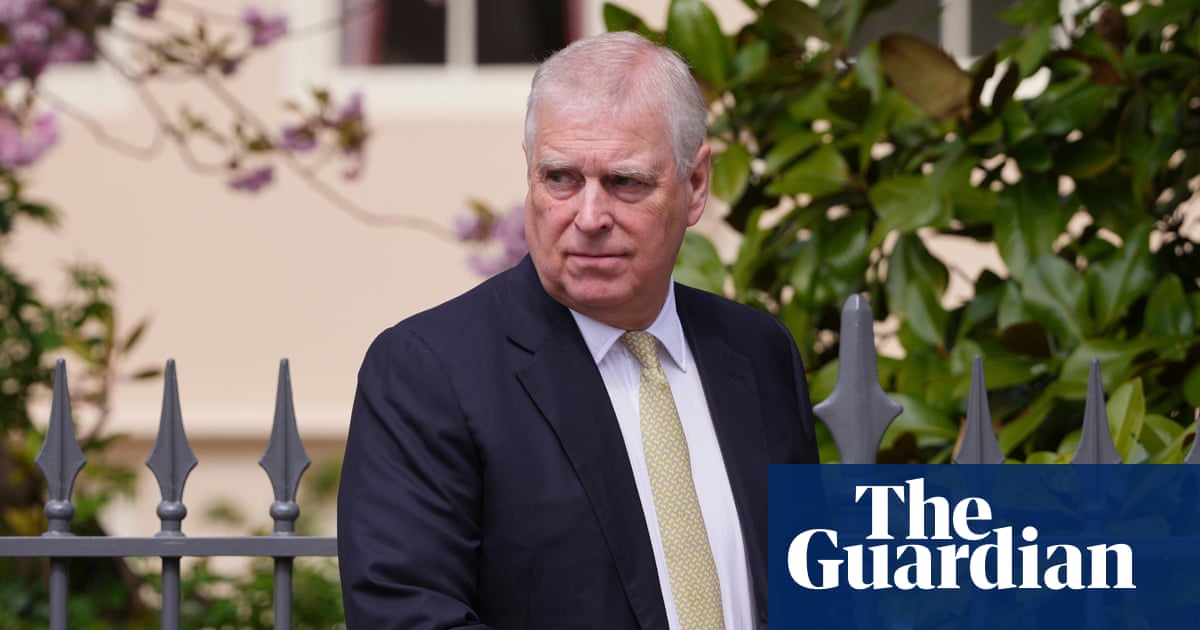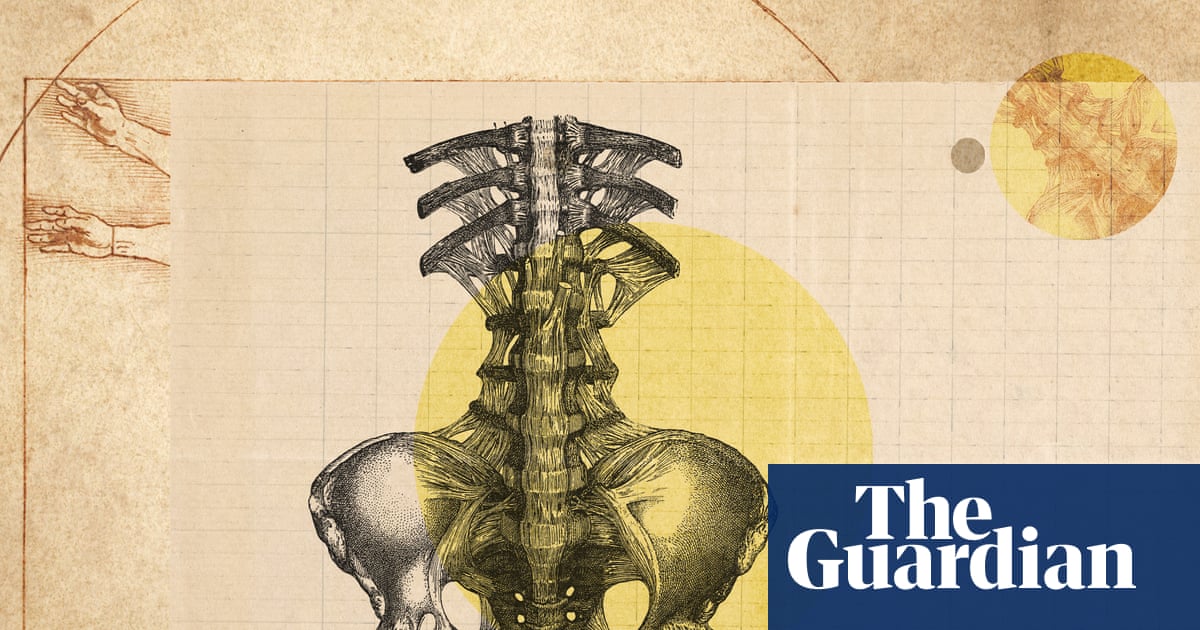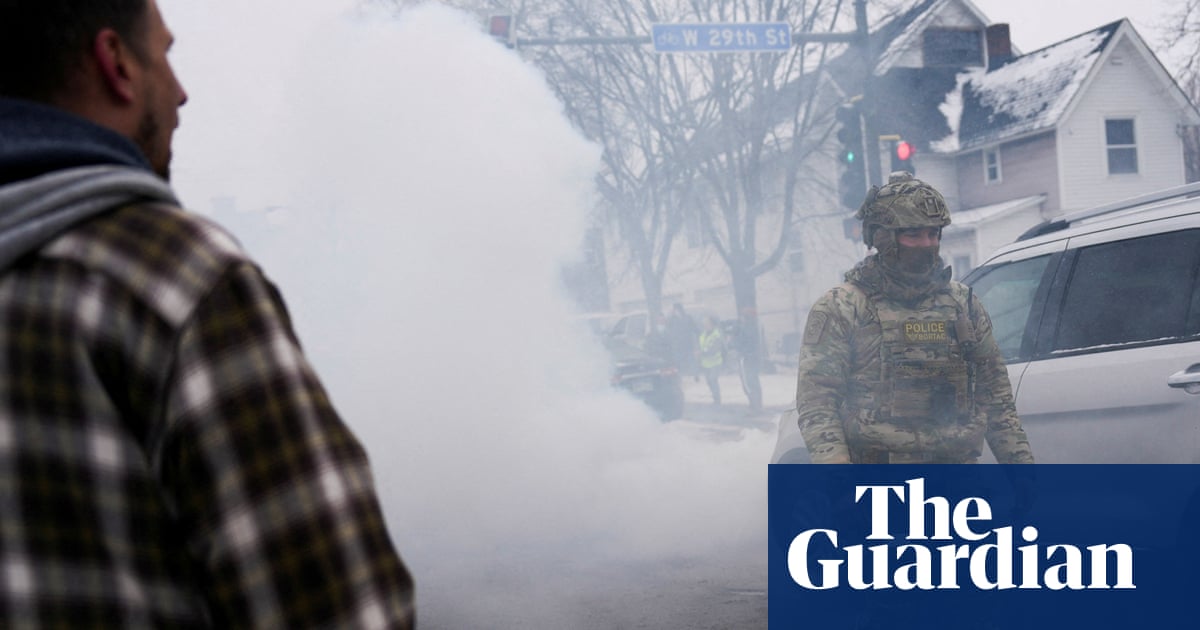Israel will allow Gaza’s Rafah border crossing with Egypt to open and will not cut the amount of humanitarian aid entering the devastated Palestinian territory as threatened, Israel’s public broadcaster, Kan, has reported, after Hamas handed over more remains of hostages.
The fragile ceasefire in Gaza had faced its first test when Israel said on Tuesday the flow of vital humanitarian assistance into Gaza would be cut by half and the crucial Rafah border crossing with Egypt would not open on Wednesday as planned, accusing Hamas of failing to comply with the deal agreed last week by delaying the return the bodies of hostages.
Hamas said the delays were due to difficulties locating burial sites amid the swaths of rubble left by the two-year conflict.
Hours later, the militant group handed over the remains of four more hostages to the Red Cross, bringing to eight the number of bodies transferred since the US-brokered ceasefire took hold, and leaving 20 to be accounted for.
Three of the four bodies returned by Hamas were identified by their families early on Wednesday but there were doubts about the fourth, Israeli media reported.
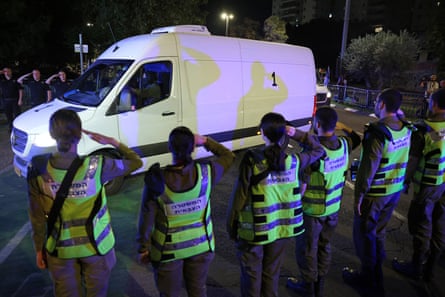
About 600 trucks carrying mainly food and medical supplies, as well as equipment needed for repairing damaged infrastructure, will be allowed into Gaza and Palestinians who had left the territory during the war will be allowed back in for the first time, Kan reported. Others would be allowed to leave through the Rafah crossing, subject to Israel’s security approval.
There was no immediate confirmation of the report from Israeli or Palestinian officials.
Rafah has been shut since it was seized by Israeli forces in May 2023, limiting entry into Gaza to entry points from Israel. Israel has repeatedly blocked aid from entering Gaza during the conflict, prompting accusations it has used starvation as a weapon of war.
Humanitarian officials in Gaza City said on Wednesday assistance was desperately needed, with hundreds of thousands there without clean water, food and other essentials, and many more suffering greatly. Famine was declared in parts of Gaza in August.
Tess Ingram of Unicef, speaking from southern Gaza, said: “We had heard that Sunday would be the first day of a big scale-up of aid coming in but what we’ve seen so far is in very sharp contrast to how high and desperate the needs are.”
Aid officials said even the 600 trucks that were supposed to enter Gaza daily under the new agreement would be “a drop in the ocean”.
The Israeli prime minister, Benjamin Netanyahu, has demanded that Hamas fulfil the requirements laid out in the ceasefire deal – the first phase of a 20-point plan to end the two-year conflict in Gaza set out by the US president, Donald Trump – about the return of the hostages’ bodies.
He said: “We will not compromise on this and will not stop our efforts until we return the last deceased hostage, until the last one.”
The plan had called for all hostages – living and dead – to be handed over by a deadline that expired on Monday. But negotiators recognised the logistical challenges of locating all remains amid the widespread destruction in Gaza, and the deal allows Hamas to merely share information about deceased hostages as efforts continue to hand over the bodies as soon as possible.
On Monday, Israelis celebrated the return of the last 20 living hostages in Gaza and Palestinians rejoiced at Israel’s release of about 2,000 prisoners and detainees as part of the ceasefire’s first phase. Negotiations are under way on a second phase, which will have to resolve multiple thorny issues.
The Hostages Family Forum, a group representing many of the hostages’ families, said the three dead hostages whose remains were identified on Tuesday night were Uriel Baruch, Tamir Nimrodi and Eitan Levi.
Baruch was abducted from the Nova music festival during the Hamas-led attack on Israel in October 2023 that triggered the war in Gaza. Nimrodi, who had been serving with the Israeli defence ministry body that controls entry points into Gaza, was taken by militants from the Erez border crossing. The forum said Levi was abducted while driving a friend to a kibbutz during the Hamas attack.
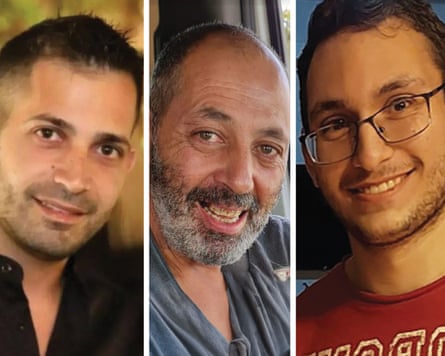
The International Committee of the Red Cross (ICRC), which is overseeing the transfer of remains, said on Monday that the retrieval was a “massive challenge” given the difficulties of finding bodies in Gaza’s rubble, and could take days or weeks.
A spokesperson for the ICRC said parties to the agreement had a responsibility to search for, collect and evacuate human remains.
Julien Lerisson, the ICRC’s head of delegation in Israel and the occupied Palestinian territories, said: “The parties must endeavour to facilitate the return of the remains of the deceased to their families. The ICRC can fulfil its functions as a neutral intermediary only through the cooperation of all actors, and within the framework of the current agreement.
“We know that the families won’t give up on their loved ones, and neither will we – we are prepared to fulfil our role for as long as it takes, and as agreed by the parties.”

 3 months ago
66
3 months ago
66







